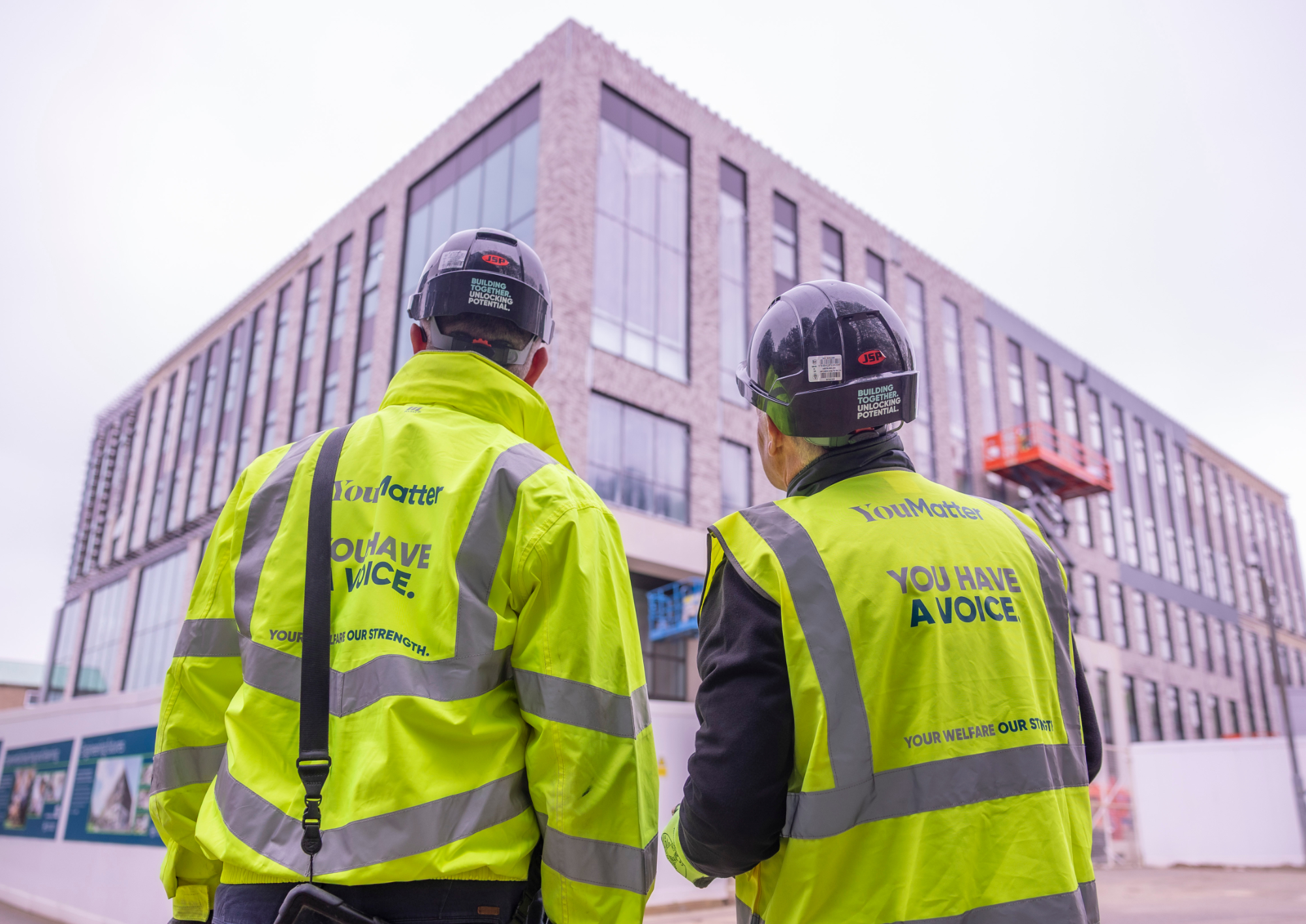The Procurement Act 2023 came into force on February 24, 2025. The aim of the legislation is to streamline how the public sector buys goods and services, and to also make it easier for smaller businesses and social enterprises to win work.
One area of construction where it’s set to have a significant impact is the delivery of social value. From planning activity to reporting and everything in between, The Procurement Act 2023 is going to revolutionise its implementation. Here we take a look at what’s changed and what the knock-on effects to social impact are going to be.

Most Advantageous Tender
A key change is the switch away from cost being the dominating factor in tenders. Now the focus is on selecting the Most Advantageous Tender.
This means that a whole range of metrics have taken on greater significance including sustainability, innovation and supply chain. Social value provision carries equal importance too, meaning it can no longer be treated as an afterthought.
As a result, the shift away from cost effectiveness alone will help position social value front and centre when organisations are planning and delivering projects.
A focus on meaningful outcomes
With the act pivoting towards a more rounded set of measurements with regards to procurement, it paves the way for companies to build in activity that will deliver much more meaningful outcomes that benefit the whole of society.
From training opportunities and employment creation to upskilling people and tackling climate change, activities that benefit communities across the UK will now be focused on more thoroughly than ever before.
This will spur economic growth and help to level-up regions that may have been previously overlooked.
Social value from the start
The potential effects of social impact will be enhanced, too, by legislation brought in by The Procurement Act 2023. One key update is the timing of when social value has to be considered during the lifecycle of a scheme. Before, it was often the case that social value wasn’t thought about until the tendering stage of procurement, whereas now it must be planned in from the start.
This will likely lead to better quality social value plans and activities being delivered which are more impactful.
Improved transparency and data quality
Another notable change brought in by The Procurement Act 2023 is the creation of a central digital platform. This platform will streamline the bidding process, and perhaps most importantly, brings in a requirement for data to be publicly available.
Consequently, this should ensure transparency across the industry and improve the quality of data.
Supporting SMEs and local business
Local businesses and small and medium-sized enterprises are certain to benefit from the act’s passing. Not only will these companies now find it easier to bid for contracts, but authorities will be obliged to consider them more often when procuring.
Additionally, the act includes strengthened provisions for prompt payment terms too which makes taking on certain types of projects more accessible for smaller businesses.
Social value at the heart of our projects
As a business that places social value at the heart of each project we undertake, we’re fully in support of the legislation brought in by The Procurement Act 2023.
A prime example of how we deliver meaningful and lasting social value can be found at Woodland View School in East Dunbartonshire. Through this project we created and sustained over 120 jobs; spent over £70,000 with social enterprises; volunteered over 100 hours to support community organisations and worthwhile causes; and helped educate and inspire the construction professionals of tomorrow through placements and training opportunities. This holistic approach to delivering social impact ensured people from all walks of life benefited from our work in the area.
Elsewhere, when creating The Usher Building for The University of Edinburgh, we wanted to ensure the whole ecosystem in the city and surrounding area benefited from its construction. That’s why 90% of our spend on the project was with SMEs; 78 apprentices learned valuable skills during the construction phase; and we committed 230 hours of community volunteering. Our focus is never just on bricks and mortar. Instead, we ensure our work makes a tangible difference – and adds value – to communities and society.
For more details about our social value commitments, take a look at our Responsible Business strategy.